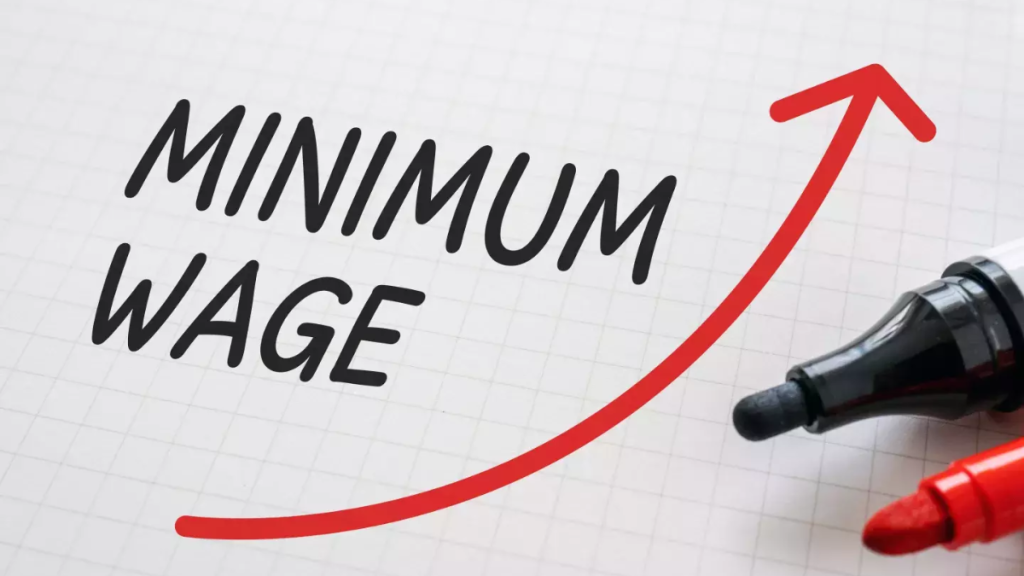
The state’s minimum wage is set to rise in 2025, bringing much-needed financial relief to low-wage workers. Starting January 1, 2025, the minimum wage will increase to $16.66 per hour, marking a significant change that aims to keep pace with inflation and the rising cost of living. This increase represents a critical adjustment for many employees who rely on their hourly wages to support themselves and their families.
Minimum Wage Adjustment: Why It Matters
The upcoming rise to $16.66 per hour is based on the state’s yearly adjustments for inflation, ensuring that workers receive pay that aligns with the current economic climate. This boost is part of the state’s effort to guarantee that employees do not fall behind as costs for housing, groceries, and other essentials continue to climb.
The wage increase will apply to most workers, but certain industries and job categories may have specific regulations or exemptions. Employers will need to stay updated on compliance to ensure they meet the new wage standards in time for the January 2025 implementation.
Impact on Workers and Businesses
For workers, this increase means higher take-home pay, which can be critical in managing rising living expenses. Employees working full-time will see a notable difference in their earnings, improving their financial stability. The change also benefits part-time workers, giving them more purchasing power.
However, businesses may experience challenges as they adjust to the new wage requirements. Small businesses, in particular, may feel the pressure to balance higher labor costs with their operational budgets. Nonetheless, the overall economic outlook suggests that higher wages will likely increase consumer spending, which can drive local economies.
For more detailed coverage on this wage increase, visit the Washington State Department of Labor.
Preparing for 2025
With the new minimum wage taking effect in just a few months, both workers and employers should begin preparing. Workers can anticipate improved financial security, while employers need to review payroll systems and budgets to comply with the state mandate.
Read More News:
- $185,000 Stimulus Check for U.S. Homeowners: The Truth Behind the Rumor
- 2025 Social Security COLA Increase: Key Details on Adjustments and Payments
As the state continues to adjust wages in response to inflation, this change is just one step toward creating a more equitable and sustainable economy. All stakeholders should stay informed and plan for the upcoming shifts in 2025.
